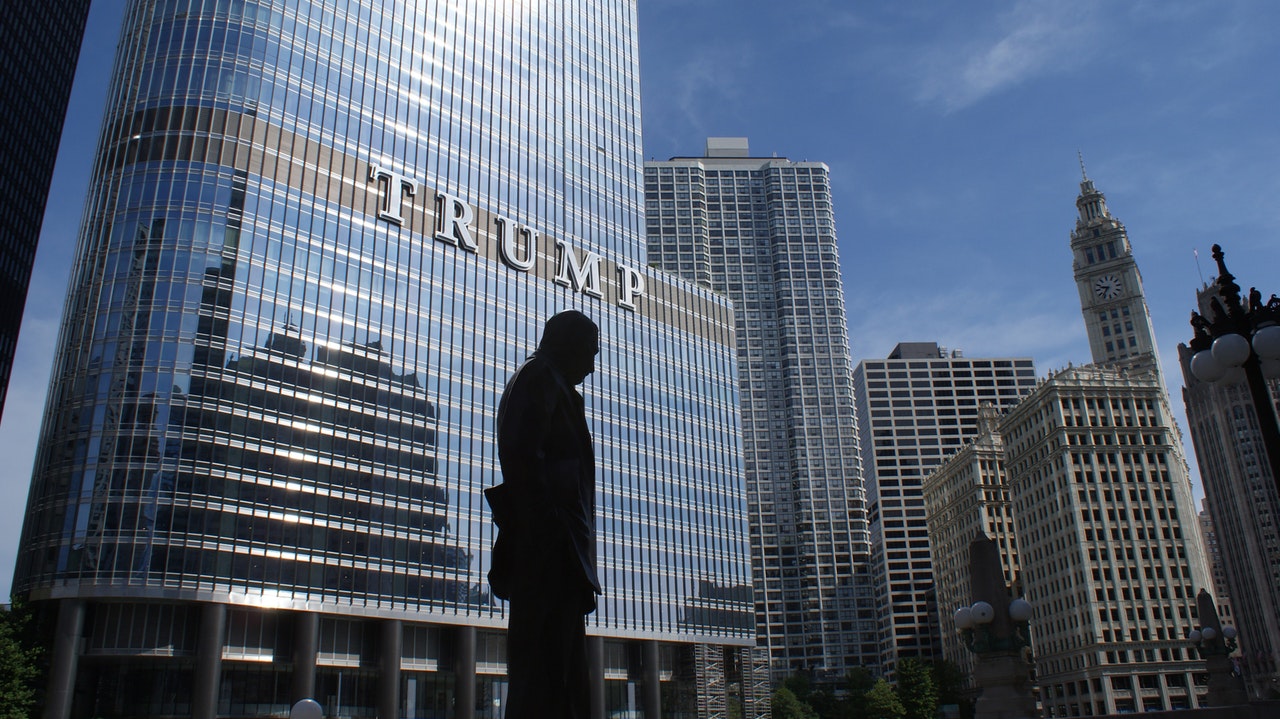President Trump and Procurement – The Impact
As the weeks unfold, we begin to get a better understanding of what impact a Trump Presidency will have on procurement.
There is, of course, no need to introduce the events of Tuesday 8th of November 2016 to readers. On that day, Donald Trump won enough Electoral College votes to be elected as the next President of the USA.
The implications for the procurement industry may at times be daunting and hard to anticipate. However this article should shed some broad light on some of the possible implications. Two of the main implications are infrastructure spending and trade deals.
In terms of Trump’s policy platform, detail is so often conspicuous by its absence. In his “Contract with the American Voter” however, he has outlined extensive policy proposals for his first 100 days as President.
Impact on Infrastructure
The first likely impact is infrastructure, which is one key tenet of this “contract”. Despite having far-right positions on many areas, Trump does have more centrist positions on some areas, especially infrastructure investment.
This may well boost the economy, albeit fuelled by debt, unless highly ambitious funding mechanisms come to fruition. He has vowed to spend $1 trillion on infrastructure over ten years. This would of course require huge procurement expertise for large road and bridge building and various other industries. We will have to wait and see what happens with building walls, however!
But the real impact of this expansive infrastructure spending would not be the huge procurement processes required, but more the method through which it may be achieved.
Whilst it is far from certain how the incoming administration could fund such a project, while providing perhaps the biggest ever tax cut, he would also need Congressional approval.
Public-Private Partnership Proposals
The infrastructure is not proposed as fully funded by the federal government, but largely through public-private partnerships (PPPs). If this sets a trend, the implications for funding of public services in the USA and other countries, especially developed market economies such as Western Europe, could be significant.
PPPs such as this have been generally successful in some cases and rampant failures in others. In the UK’s National Health Service for example, they have been a highly controversial mechanism. Many argue PPPs have fostered long-term financing issues, and harmed patient care and outcomes.
Further, many argue that the privatisation that PPPs cause brings about fundamental change to the relationship between the state and citizens. With this, public services are delivered based on promises of profit. For infrastructure investment to go ahead, it has to be based not on the gain for society, economy or environment, but where a surplus can be extracted.
Impact on Global Trade
The second main impact will be Trump’s influence on global trade, which is a driver of prosperity worldwide, alongside his threats of protectionism. Since the global financial crisis, cross-border trade has stagnated. This has been the longest period of stagnation for over 70 years.
Trump has an overtly protectionist stance. He has already threatened to hike tariffs on imports from China and Mexico, as well as pull out of the North American Free Trade Agreement (NAFTA) with Mexico and Canada.
In broad economic terms, this would increase living costs for domestic citizens. It would, without any doubt, be reciprocated by other countries such as China (as early noise coming from Beijing confirms). It would also affect jobs in export industries in the USA and the USA’s economy as a whole.
For public procurement in the USA however, this could also be significant. American public services could be restricted from products they currently source cheaply from abroad.
The increased costs from domestic purchases have to be made up from somewhere, such as savings in other areas, purchasing lower quality goods or increasing costs for users of public services.
The same could be true in Canada and Mexico. If the USA pulls out of NAFTA and applies tariffs on Mexican and Canadian goods, reciprocal protectionism would restrict Canadian and Mexican access to high-quality goods and services sourced from the USA.
Global Impact
Outside North America, the implications could also be significant for procurement professionals around the world. President Obama has been pushing hard to ratify the world’s largest ever free trade agreement – the Transpacific Partnership (TPP).
This opens procurement markets, and removes tariffs, between 12 countries, including Australia, Japan and Vietnam. Trump has confirmed he will cancel this deal on his first day in office. This will deny public procurement across all participating countries the opportunity to increase procurement competitiveness and reduce sourcing costs. It’s also likely to decrease the choice of the goods and services available for purchase.
The same is true with the Transatlantic Trade and Investment Partnership (TTIP). The trading impact of TTIP, between the USA and European Union, would have been huge. Whilst talks reached an impasse in 2016 when negotiating procurement market access, Trump is likely to be the final nail in the coffin.
TTIP again would have been a boon to procurement teams in all countries, with increases in competition and decreases in price for all countries. This would have provided European contracting authorities with tariff-free access to high-quality American goods and services and vice versa.
Despite the threats of uncontrolled climate change and protectionism, the impacts of a Trump presidency are really yet to be known. Yes, Trump may have secured his “contract” with the American voter. But the contract will be re-tendered in under four years. The outcome of that really is unknown.
